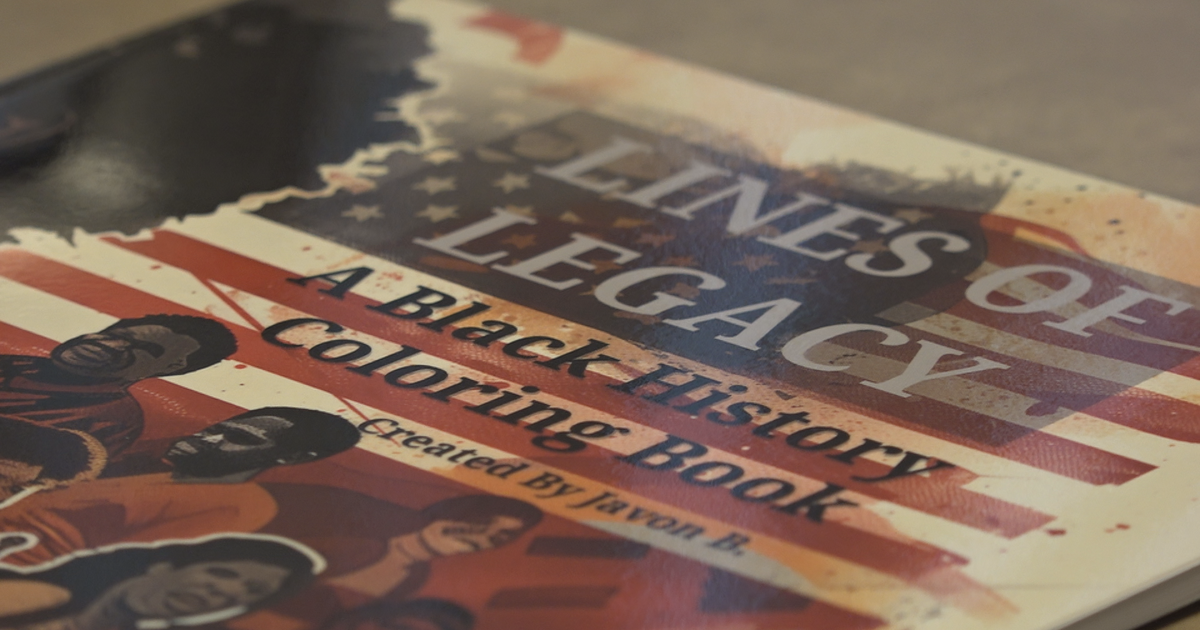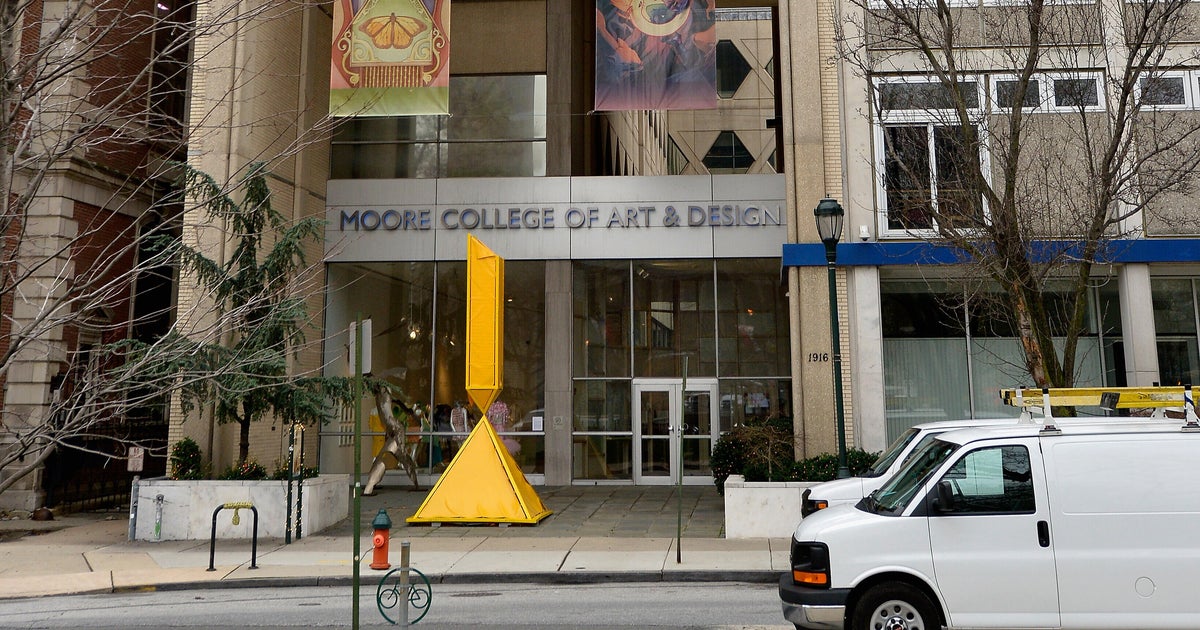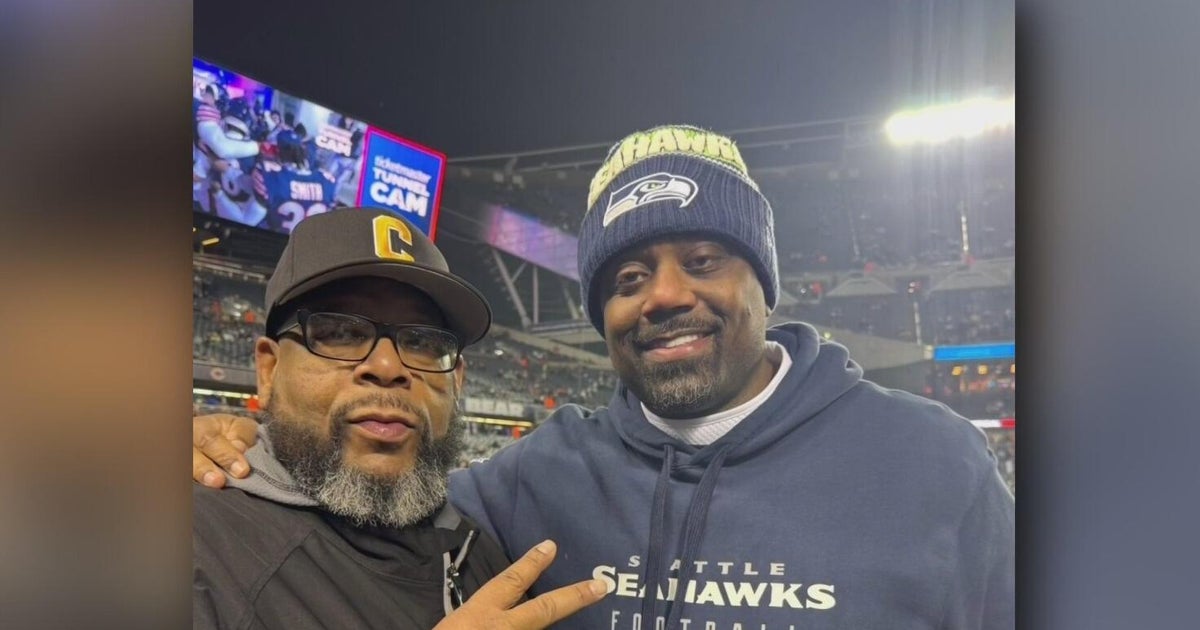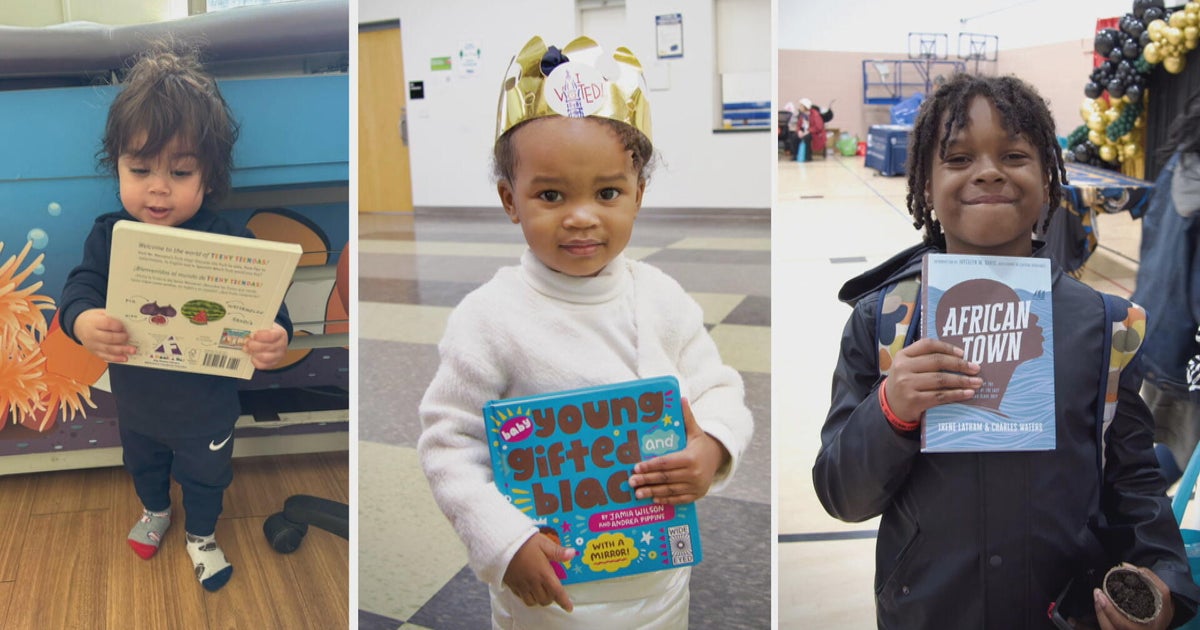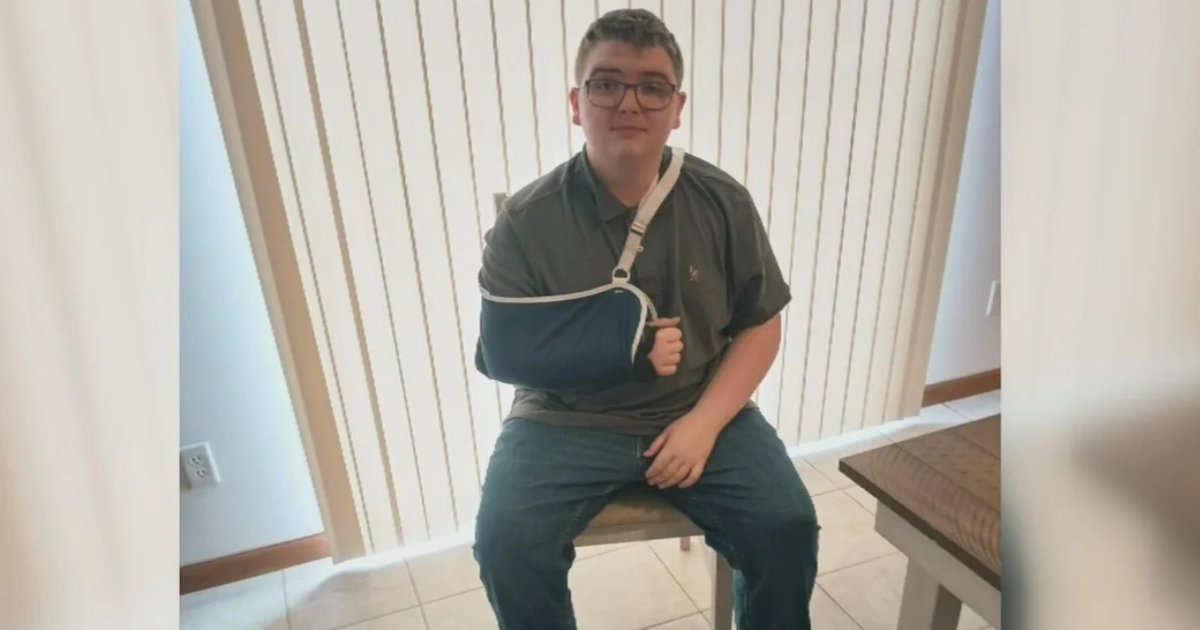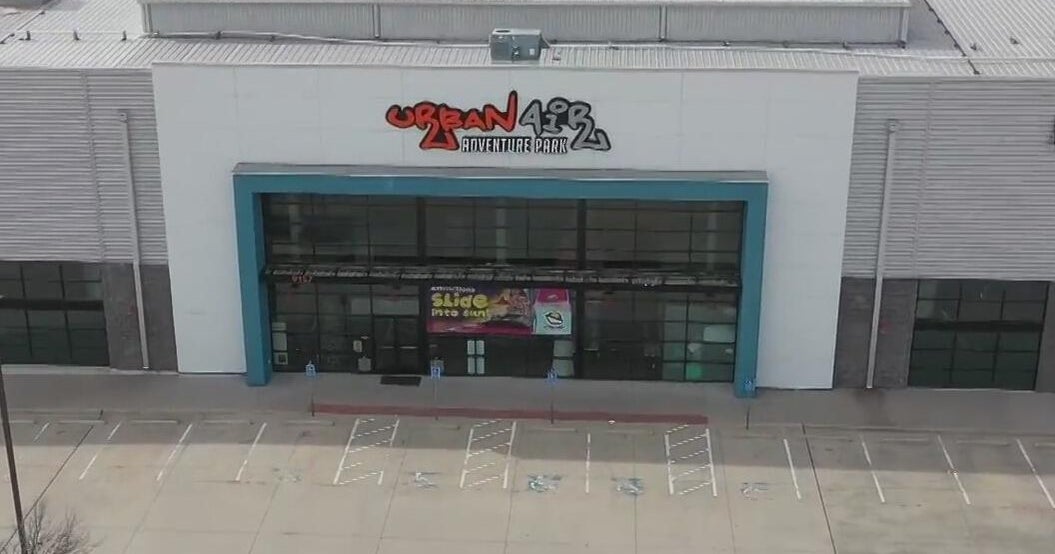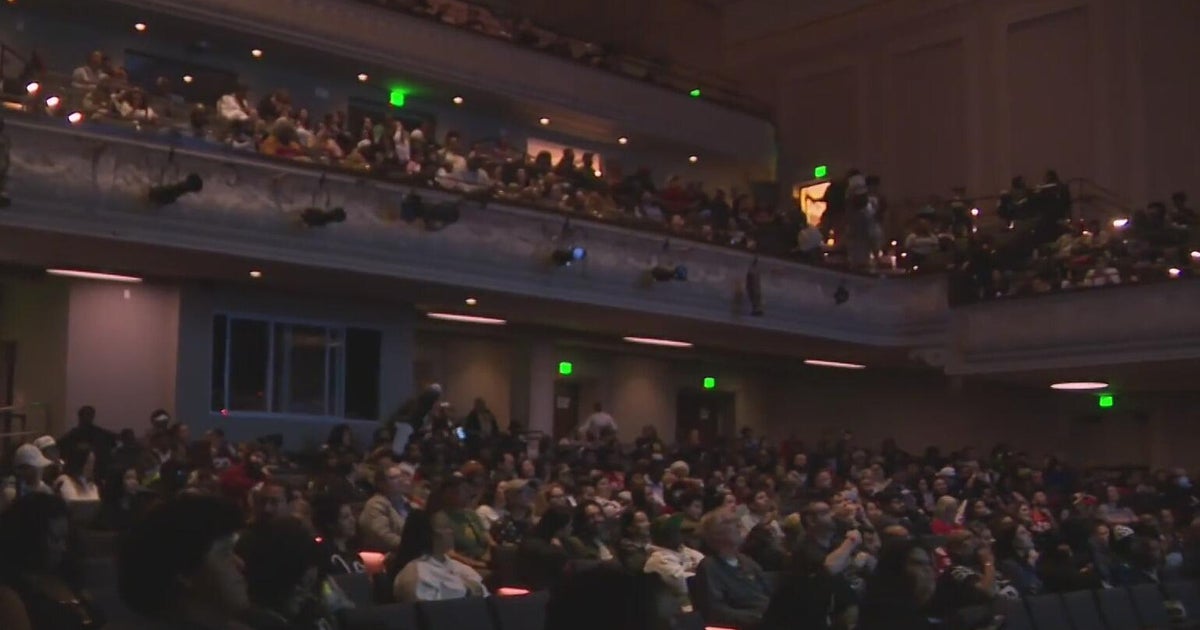Kid Inventors' Day: NYU's STEM program helping inspire next generation of creators
NEW YORK -- Benjamin Franklin's birthday may not be a well known holiday, but it's one worth celebrating.
Before the Founding Father invented the lightning rod, he came up with the idea for swim flippers at the age of 11. He is one of the earliest known kid inventors, which is why his birthday has become known as Kid Inventors' Day.
Trampolines, ear muffs and popsicles were all invented by children, as well.
Locally in Brooklyn, NYU Tandon School of Engineering's Center for K12 STEM Education is fueling creativity and inventors of tomorrow.
"My super specific dream job is coding the rovers that go to Mars," said 16-year-old Sophia Straus.
Straus told CBS2's John Dias she knows she'll likely have to graduate high school first, but isn't waiting to get ahead. That's why she and her teammates took part in the summer program at NYU.
"Kids can actually do a lot in the world, despite their young age," said Straus.
Before her team even entered the 11th grade, the group of girls invented a gun detection system to reduce the number of school shootings. It's just a prototype, but they learned how to create it through the program.
"Ten-year-olds, 11-year-olds, it doesn't matter how old you are," said 16-year-old Isabelle Chen. "We are going to be the future and we are the people, the engineers, the physicists, the astrologists, that are going to allow us to advance into the future."
The center gives kids of all ages from elementary to high school access to high quality learning experiences. It teaches them about science, technology, engineering and math, also known as STEM.
Thanks to private funding and donations, more than half the kids who attend this program pay absolutely nothing.
"We want to show them that there are no barriers and that you get to choose and that's what's important," said Ben Esner, the Director of the Center for K12 STEM Education at NYU Tandon School of Engineering. "We are giving you the tools and the knowledge and the motivation to choose."
While some city schools do have robust STEM programs, Esner says there isn't enough access citywide and that needs to change.
According to the Public School Review, only 29 percent of high school graduates tested ready for higher education in science, and just 43 percent are considered prepared for college-level math courses.
"We want to make sure that all students get that access so that they can decide for themselves whether engineering, science, technology, are fields that they want to pursue," said Esner.
CLICK HERE for more information about the program.

